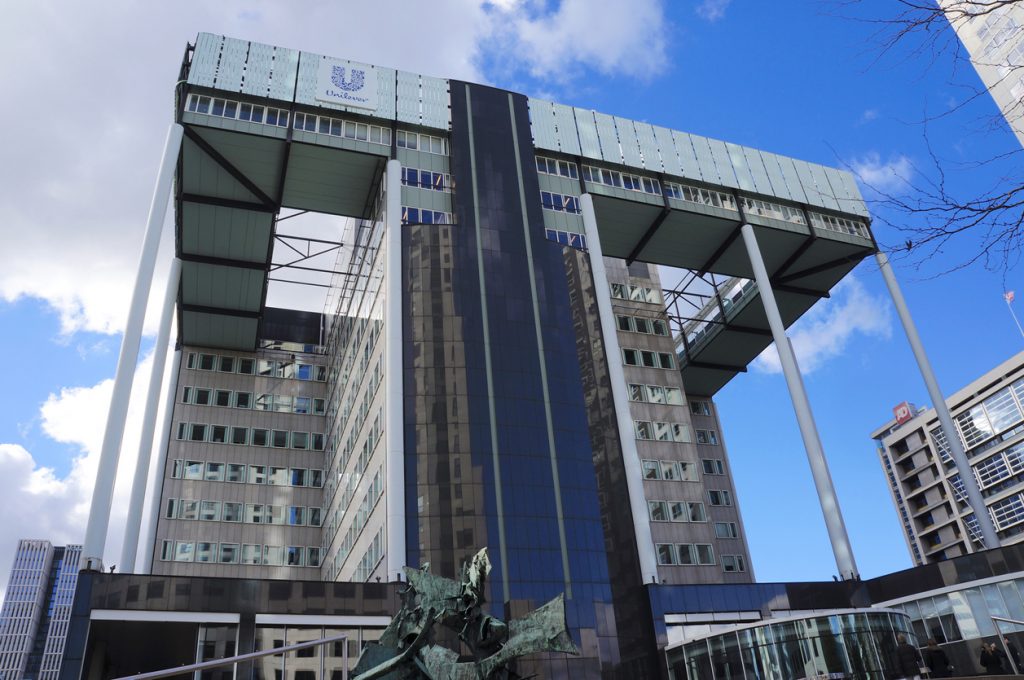The complaint relates to an incident in 2007 when Unilever’s Kericho plantation in western Kenya was attacked during a wave of post-election riots that led to 1,300 deaths in the nation.
The plantation was owned by a Unilever subsidiary and hosted more than 10% of the company’s global workforce and their families at the time of the attack. Seven workers were killed, fifty-six women were raped, and others were seriously injured.
“This was the most serious known case of human rights abuse suffered by the largest concentration of Unilever workers anywhere in the world,” the complaint said.
Following the attack, Unilever temporarily closed the plantation and sent workers home. Victims claim that they were not paid for the six months that followed, further exacerbating their situation.
Though the UK supreme court declined jurisdiction of a case brought by the claimants in 2016, those affected are now urging the UN’s working group on business and human rights to declare Unilever non-compliant with the UN’s Guiding Principles.
David Leader, partner at Leigh Day, representing the victims, commented that it would be “extremely damaging” for Unilever to be found in breach of the UN’s principles on business and human rights, “as it essentially undermines their whole narrative that they are one of the most ethical and responsible human rights companies in the world.”
A spokesperson for Unilever said in a statement that the company “strongly rejects any allegation” that it violated the UN’s principles, and “provided significant support to those employees impacted” by the violence.




















